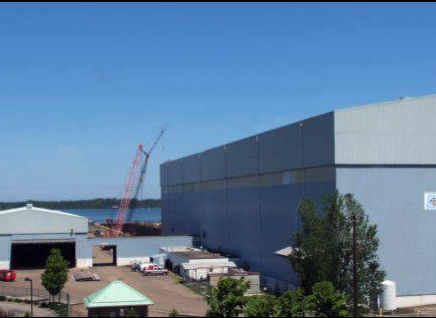New Technologies: Are efficiencies and opportunities taking us backward?
Fortunately, I was able to do some business on my cell phone, but it wasn’t the same; in fact, much of what I would normally do on my computer could not be completed on my phone.
In those four days, while I truly came to better appreciate my new computer, I also arrived at a number of sobering truths that got me thinking about what life would be like, not only for my grandsons when they turn 30 in 15 or so years, but for me should I be blessed to live to be 80 after those same 15 years.
We tend to think that technology equals progress; that is, technological advances are good for humanity. But living just four days without my laptop made me stop and rethink my paradigm that technology equals progress. Is it true?
The Disconnect
With access to only limited technology, I found myself lost and adrift in a world that was racing past me. I was helpless to keep up.
Imagine this: All my files in the Cloud, but no secure way to access the Cloud. My IT folks told me, put your files in the Cloud, its okay because you can access them from any computer anywhere in the world. Sounds great, right? Not so fast; accessing your private files from a public computer meant exposing my server to possible foreign intervention. So, I was locked out. I couldn’t access my files, I couldn’t print my files, I couldn’t search my files … it was like working back in the 1980s.
Worse still, I had forgotten how to work the old-fashioned way. We’ve all had that happen, haven’t we? We walk into Starbucks, Dunkin Donuts or McDonald’s, and the computers are down. The teenagers working there have either forgotten or never knew how to take an order by writing it down.
Software, often the face of the technology equals progress model, is designed to foster better and more social interactions. But like Facebook, YouTube, Instagram and Snapchat, were finding that it can be counterproductive. Young people, even pre-teens, are finding their level of social interaction minimal because we spend our free time checking our devices. Were often aware of what is going on in other peoples lives through their social media posts, but we’ve never even had a conversation with them.
This backward way of life is not always evident. I had to look up my home phone number a few weeks back because I use it so infrequently that I couldn’t remember it. We rely on mapping software so much that we don’t pay attention to our driving. We know the GPS will get us there.
It’s true, our technological progress does provide us with many conveniences. But at the same time, it also deprives us of valuable skills our parents and grandparents had.
I admit, I’m a bit old school. I still carry a road atlas in my car. I remember my dad telling me how important it was to be able to read a map. Yet, I suspect that there are millions of young people today who, if we dropped them off in Central Park in New York without their cell phones, would have no clue about how to find the Empire State Building. Using a map or a compass would seem barbaric.
A Hindrance?
Four days without my computer meant that I had four days of complete and utter reliance on only my phone. Part of me was in awe. Think about all the things you can do on your phone: checking bank accounts, making plans, sending messages or buying anything you want. We’re creating a generation of children and grandchildren who know how to manipulate the software but have no clue why it works or how to get along without it. They are interacting, but with tiny screen devices instead of human beings.
Maybe it would make more sense if we started to rely on technology less and started taking our time to appreciate who and what is right in front of us. We may not get as many likes on our photos, but we will get the chance lead a more peaceful, worthwhile life. Something to think about.

Rebuilding American Shipbuilding
Great Lakes/Seaway Review recently spoke with two shipyard owners and operators about efforts underway by the administration of President Donald Trump and in Congress to revive U.S. shipbuilding. U.S. Sens.... Read More

U.S. Shipping Companies Invest in Great Lakes
Critical maintenance is well underway on the U.S.-flagged fleet of lakers tied up at ports across the Great Lakes region in anticipation of the upcoming navigation season. Hundreds of skilled... Read More




